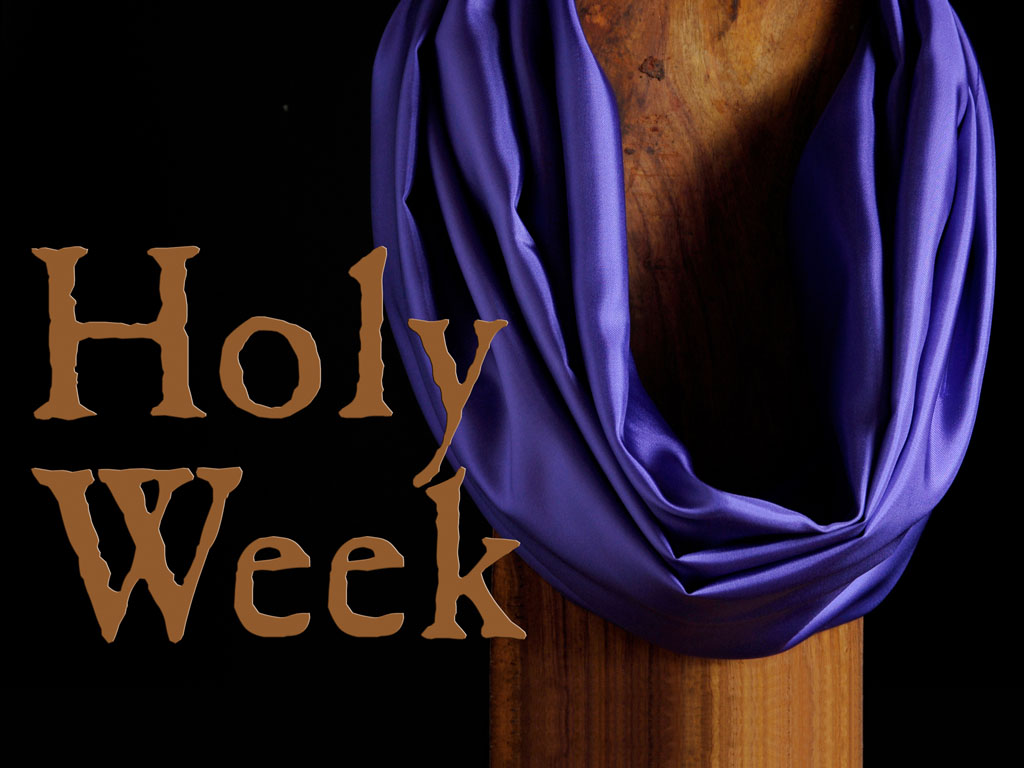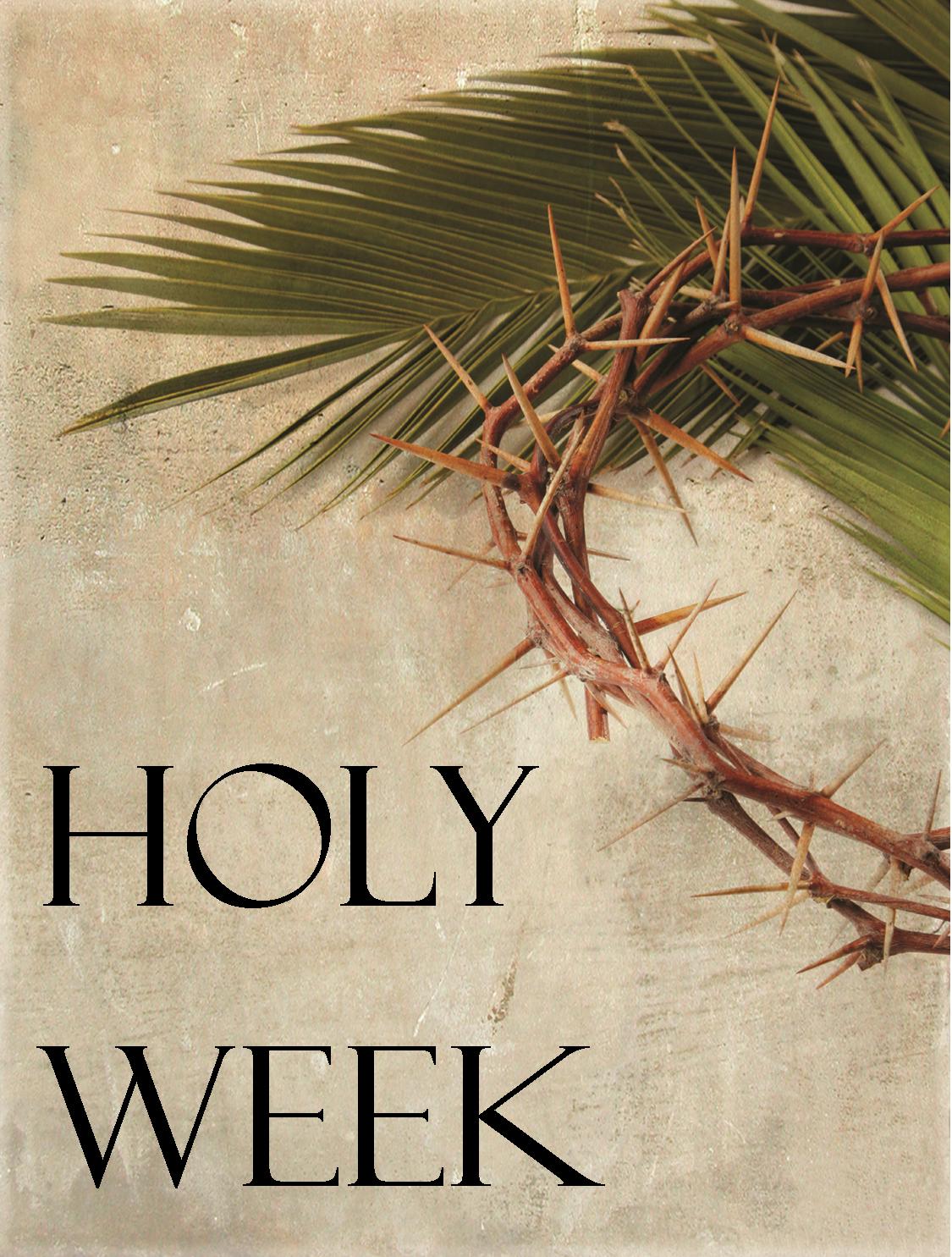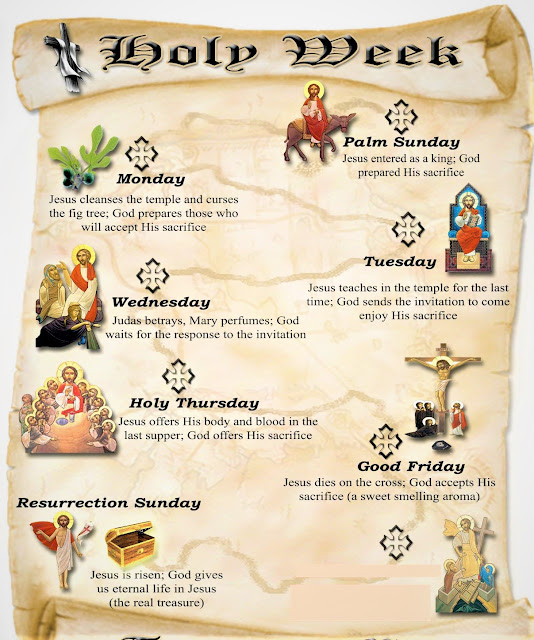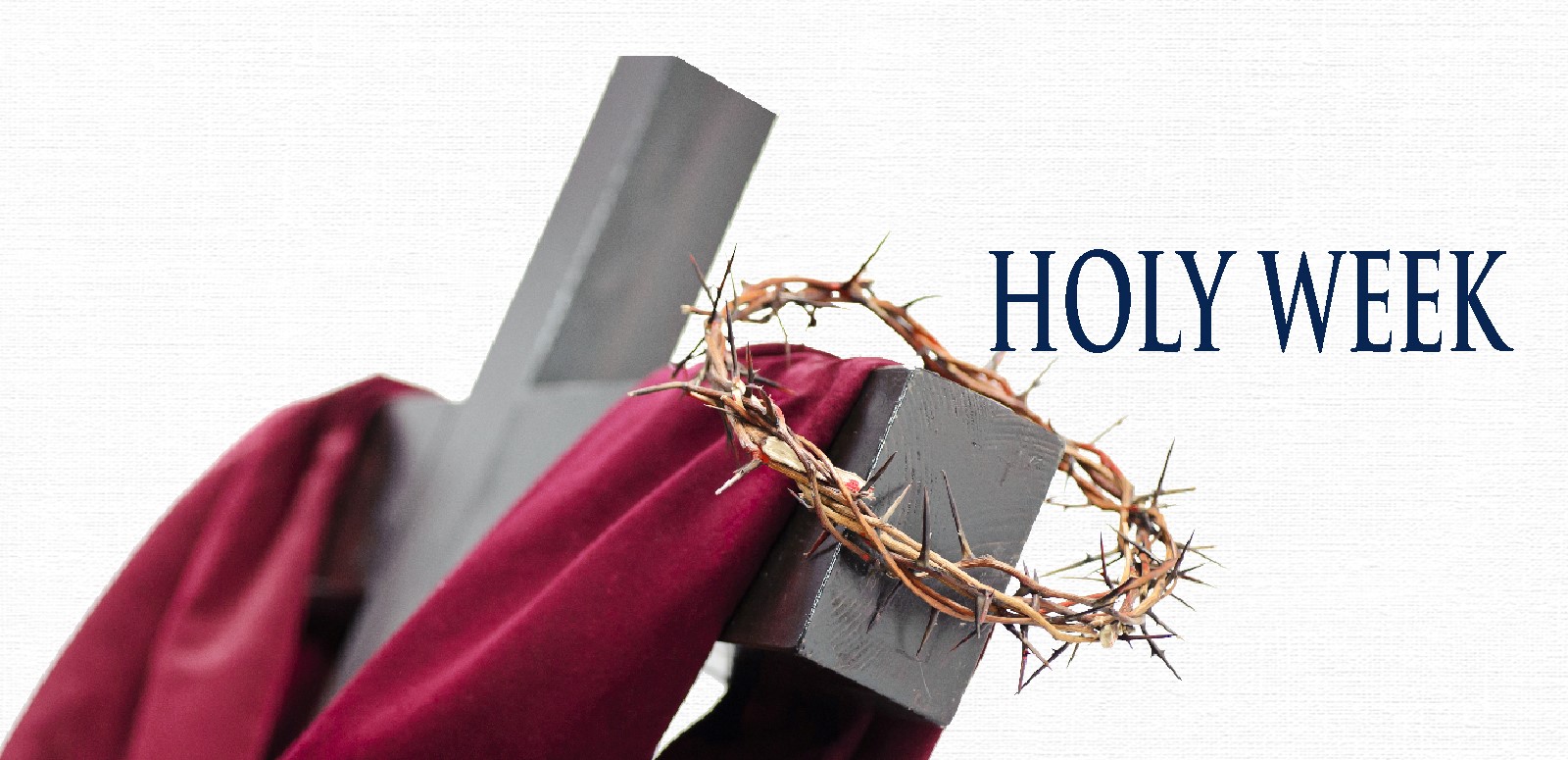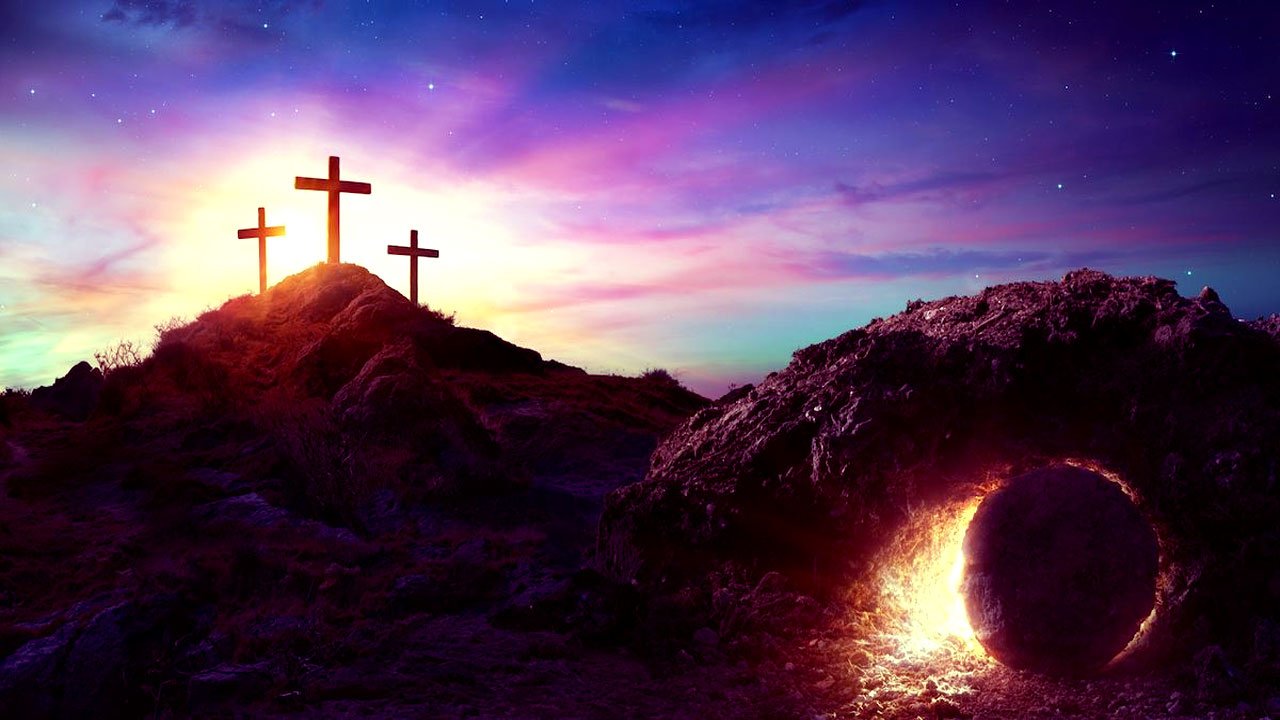The Holy Week, also known as the Passion Week, is a pivotal period in the Christian calendar, commemorating the last days of Jesus Christ's life on earth. It is a time of reflection, prayer, and celebration for Christians worldwide, culminating in the joyous occasion of Easter. In this article, we will delve into the events of the 8 days of Easter, exploring the significance of each day and its importance in the Christian faith.
Day 1: Palm Sunday
The Holy Week begins on Palm Sunday, which marks the triumphant entry of Jesus into Jerusalem. According to the Bible, Jesus rode into the city on a donkey, symbolizing humility and peace, as the crowds waved palm branches and hailed him as the King of Israel. This event is recorded in all four Gospels: Matthew 21:1-11, Mark 11:1-11, Luke 19:28-44, and John 12:12-19.
Day 2: Monday of Holy Week
On Monday of Holy Week, Jesus cleansed the Temple in Jerusalem, driving out the money changers and merchants who were exploiting the poor. This event, as recorded in Matthew 21:12-17, Mark 11:15-19, and Luke 19:45-48, demonstrates Jesus' commitment to justice and his desire to restore the Temple to its original purpose as a house of prayer.
Day 3: Tuesday of Holy Week
Tuesday of Holy Week is marked by Jesus' teachings in the Temple, where he shared parables and confronted the Pharisees and Sadducees. The most notable event of this day is the parable of the wicked tenants, which is recorded in Matthew 21:33-46, Mark 12:1-12, and Luke 20:9-19.
Day 4: Wednesday of Holy Week
Wednesday of Holy Week is often referred to as Spy Wednesday, as it is believed that Judas Iscariot, one of Jesus' twelve apostles, agreed to betray him on this day. According to Matthew 26:14-16, Mark 14:10-11, and Luke 22:3-6, Judas accepted a bribe of 30 pieces of silver to hand Jesus over to the authorities.
Day 5: Maundy Thursday
Maundy Thursday, also known as Holy Thursday, commemorates the Last Supper, where Jesus shared a meal with his disciples and instituted the Eucharist. This event, as recorded in Matthew 26:26-30, Mark 14:22-25, and Luke 22:7-20, is a pivotal moment in Christian theology, as it represents the establishment of the sacrament of communion.
Day 6: Good Friday
Good Friday is a day of solemn reflection, as Christians remember the crucifixion and death of Jesus Christ. According to the Bible, Jesus was nailed to the cross and died for the sins of humanity, as recorded in Matthew 27:32-56, Mark 15:22-38, Luke 23:26-49, and John 19:16-37.
Day 7: Holy Saturday
Holy Saturday, also known as the Vigil of Easter, is a day of waiting and anticipation, as Christians prepare for the resurrection of Jesus. According to tradition, Jesus' body was laid in the tomb, where it remained until the morning of Easter Sunday.
Day 8: Easter Sunday
Easter Sunday, also known as Resurrection Sunday, is the culmination of the Holy Week, as Christians celebrate the resurrection of Jesus Christ from the dead. According to the Bible, Jesus rose from the tomb, defeating death and sin, and offering salvation to all humanity, as recorded in Matthew 28:1-20, Mark 16:1-20, Luke 24:1-49, and John 20:1-21:25.
In conclusion, the Holy Week is a significant period in the Christian calendar, commemorating the last days of Jesus Christ's life on earth. By understanding the events of each day, Christians can deepen their faith and appreciate the significance of Easter, the celebration of Jesus' resurrection and the promise of eternal life. As we reflect on the Holy Week timeline, may we be reminded of the power of love, forgiveness, and redemption, and may our hearts be filled with joy, hope, and gratitude.

